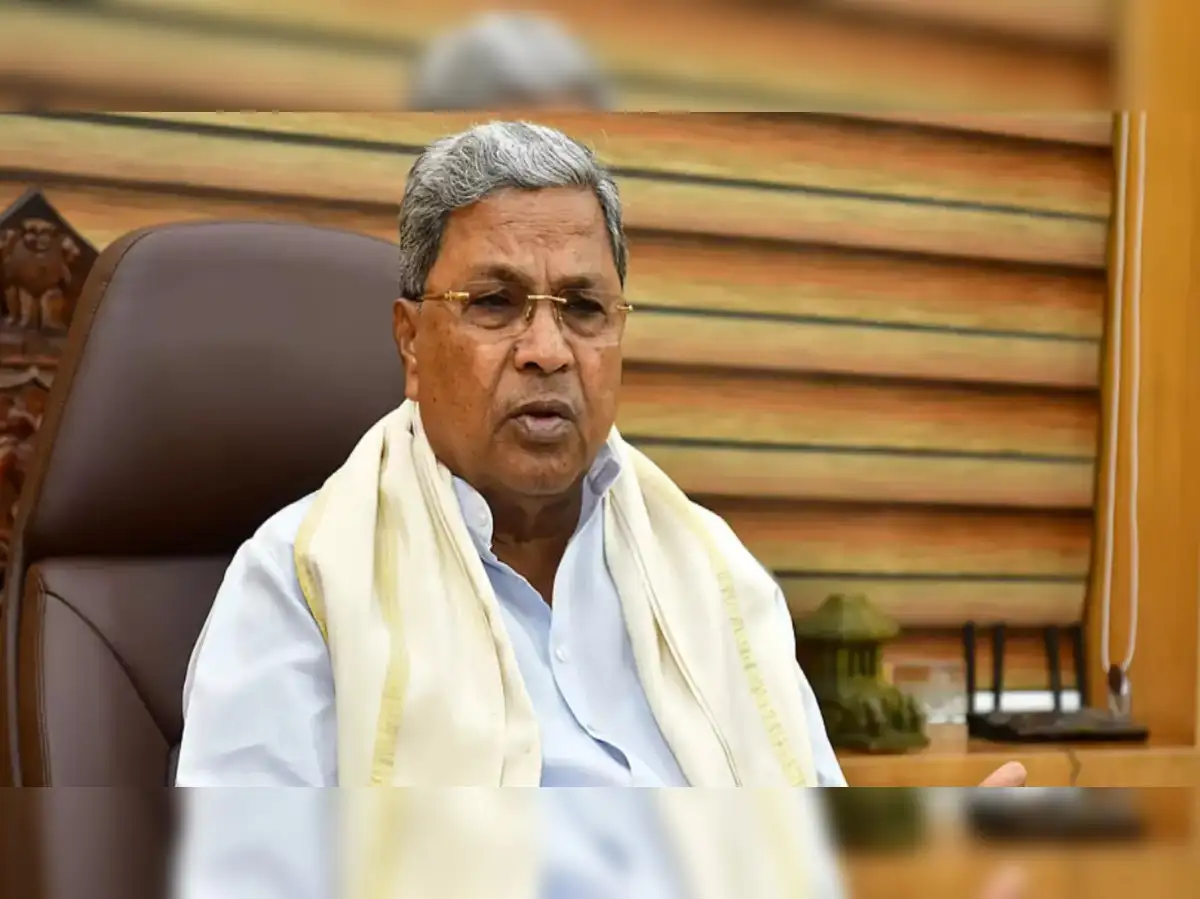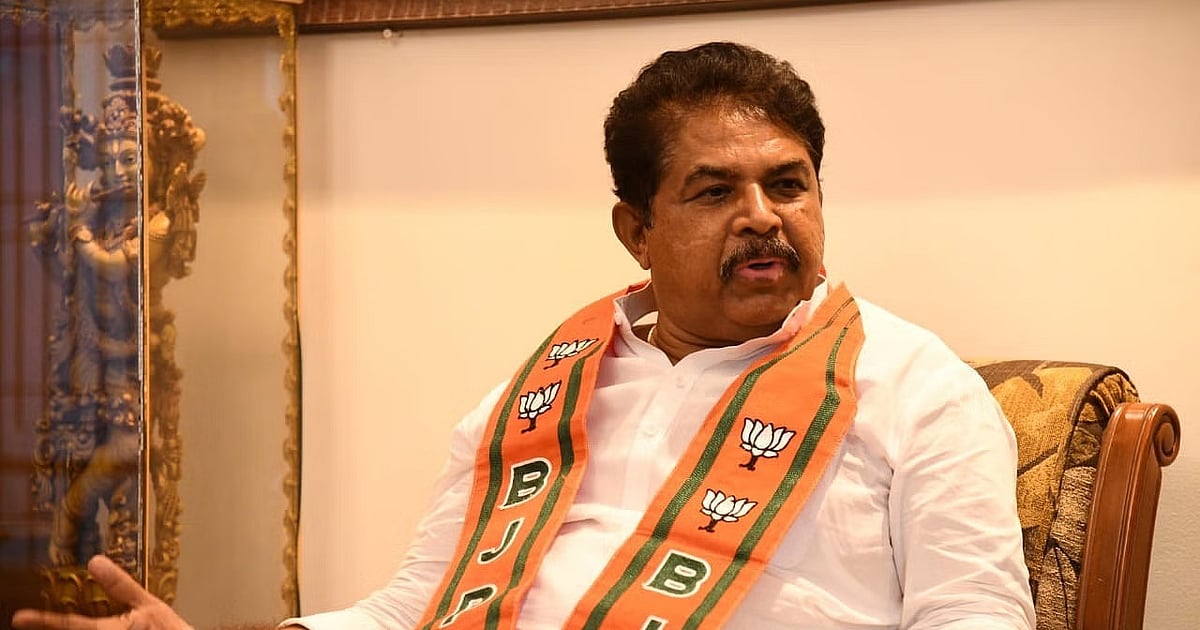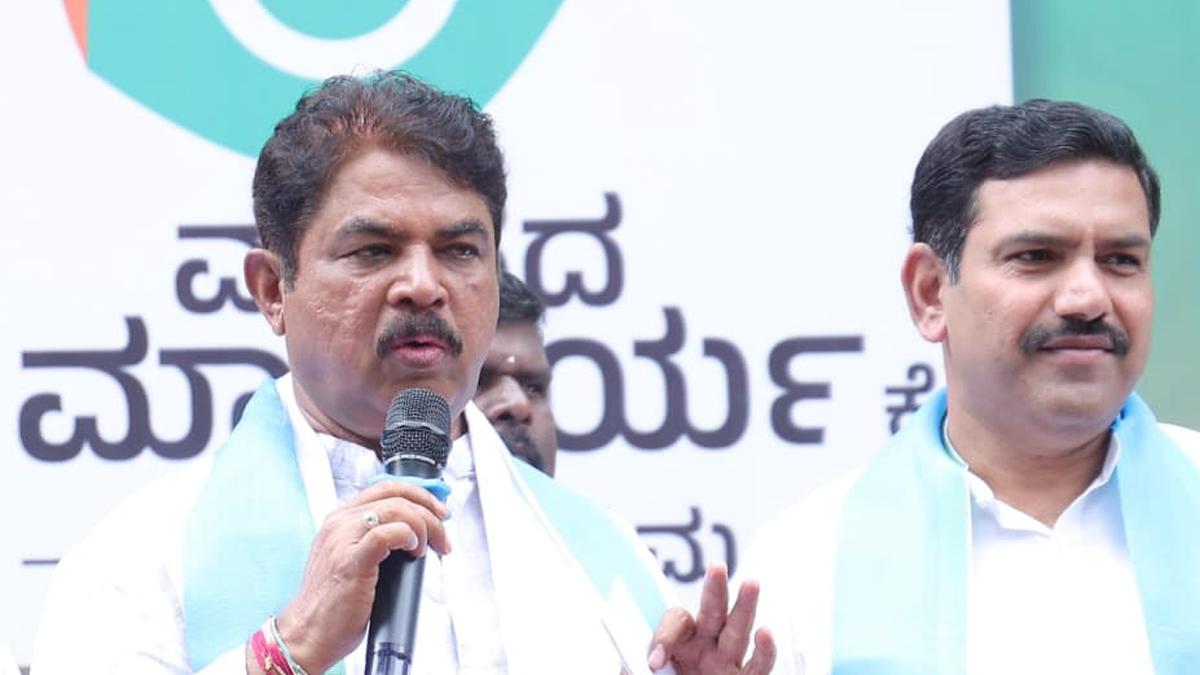In a sharp political twist, Leader of Opposition R. Ashok has made a striking prediction that Karnataka may see a change in leadership by December this year. Addressing reporters in Bengaluru, Ashok claimed that the current Chief Minister Siddaramaiah is facing growing dissent within his party and mounting challenges that could hasten his exit. The statement has stirred speculation across the political spectrum, with many questioning whether this is mere political rhetoric or an early indication of behind-the-scenes developments.
Internal Dissent in the Ruling Party
According to Ashok, dissatisfaction among Congress legislators is steadily increasing, particularly over issues of governance, resource allocation, and leadership style. He alleged that several MLAs are unhappy with the CM’s decisions and are waiting for the right moment to voice their discontent. This prediction, coming just months before the year’s end, adds fuel to the belief that factionalism within the ruling party could disrupt its stability. Analysts argue that even if no immediate change occurs, such statements may intensify pressure on the leadership to address grievances.

Opposition’s Political Strategy
For the Opposition, Ashok’s remarks serve a dual purpose: to highlight alleged failures of the current government and to plant doubts about its longevity in the public mind. By suggesting a leadership change is imminent, the BJP hopes to portray Congress as weak and divided. Political strategists say such rhetoric can energize opposition cadres, keep the ruling party on the defensive, and influence upcoming electoral campaigns. However, the Congress has dismissed the claims as baseless speculation, accusing the Opposition of indulging in political theatrics.
Reactions from Congress Leaders
Congress leaders were quick to counter Ashok’s remarks, stating that Siddaramaiah continues to enjoy the full confidence of the party high command. They argued that the CM has delivered on key welfare promises, particularly under schemes such as Anna Bhagya and Shakti, and that the government remains firmly in control. Senior ministers described the Opposition’s prediction as a diversionary tactic to deflect attention from its own internal challenges. Still, whispers within the party suggest that balancing coalition interests and addressing factional demands remains a constant struggle for the leadership.
Political Analysts Weigh In
Political observers remain divided over the credibility of Ashok’s prediction. Some argue that the Opposition often makes dramatic claims to unsettle ruling parties, while others suggest that Karnataka’s political history shows leadership changes are not uncommon when internal dynamics become too volatile. Analysts note that the December timeline could be a strategic move to coincide with internal party reviews and national-level political calculations. The uncertainty created by such statements may further complicate governance, as speculation of change often distracts both administration and legislators.
The Congress high command’s role is critical in any discussion about a potential leadership change in Karnataka. Historically, the party’s national leadership has been decisive in appointing and replacing chief ministers in the state, often to balance regional aspirations and caste dynamics. Ashok’s prediction, therefore, indirectly questions whether the central leadership in Delhi is fully satisfied with Siddaramaiah’s performance. While public statements from the party remain supportive, analysts say that the high command’s silence on the Opposition’s claim will be closely watched in the coming months.
Karnataka has a long history of abrupt leadership transitions, which lends some weight to Ashok’s remarks. In previous decades, the state has witnessed mid-term changes in chief ministers due to factional rivalries, coalition pressures, or dissatisfaction with governance. The pattern reflects the volatile nature of Karnataka politics, where stability is often compromised by internal power struggles. Ashok’s prediction taps into this history, reviving memories of sudden shifts that reshaped the political landscape within short periods.

Factional politics within the ruling Congress adds another layer of complexity. While Siddaramaiah enjoys significant popularity among certain sections, leaders aligned with Deputy CM D.K. Shivakumar also wield considerable influence. Observers point out that balancing power between the two leaders has been a delicate task for the party. Ashok’s remarks exploit this underlying tension, suggesting that a possible shift in leadership could favor Shivakumar or another figure waiting in the wings. This speculation keeps the political narrative in constant motion.
For the BJP, Ashok’s prediction functions as both a political weapon and a psychological strategy. By creating doubt about the CM’s tenure, the party aims to unsettle the ruling camp and sow distrust among Congress legislators. Political scientists argue that such predictions do not need to materialize immediately; their real effect lies in generating unease and keeping the ruling leadership preoccupied with internal challenges instead of governance. The December deadline serves as a marker to prolong uncertainty and sustain momentum for the Opposition.
Citizens, however, may view these political theatrics with skepticism. Many voters are weary of frequent leadership changes, which often derail governance and slow down the implementation of welfare schemes. In flood-affected districts, farmers continue to demand compensation and rehabilitation, while urban residents are pressing for solutions to Bengaluru’s traffic chaos and infrastructure failures. For them, the prospect of another round of political upheaval raises concerns that governance may take a backseat to power struggles in the state.
Congress insiders, though publicly dismissive of Ashok’s remarks, are said to be cautious about the possible fallout. Party strategists understand that narratives of instability can gain traction quickly if left unchecked. By emphasizing Siddaramaiah’s achievements, particularly in welfare schemes and budgetary allocations, they aim to project an image of stability. Yet, the possibility of leadership tensions between Siddaramaiah and Shivakumar remains a factor that the party cannot completely ignore, especially with the Opposition amplifying those divisions.
Possible Scenarios Ahead
If Ashok’s prediction proves correct, Karnataka could see a leadership transition influenced by internal Congress factionalism or intervention from the party high command in Delhi. However, if Siddaramaiah manages to consolidate support and navigate internal dissent, the Opposition’s claim could fade as another political gambit. Either way, the statement has set the stage for heightened political drama in the coming months. For citizens, the real concern remains whether such power struggles will distract leaders from addressing pressing issues like floods, farmer distress, and urban infrastructure woes.
The media’s role in amplifying such predictions cannot be underestimated. News cycles thrive on speculation, and Ashok’s remarks have already generated headlines and debates across television channels and digital platforms. Analysts suggest that by framing the conversation around whether Karnataka will have a new CM by December, the Opposition has successfully shifted focus away from its own organizational challenges. This shift puts Congress on the defensive, forcing it to repeatedly deny instability rather than solely highlighting its governance agenda.
At the same time, the timing of Ashok’s prediction is politically significant. December often marks the period when parties review their performance for the year and set strategies for the next election cycle. By linking his prediction to this timeline, Ashok ensures that speculation about leadership change will remain alive during a critical political season. This can influence not only the morale of party workers but also voter perceptions in upcoming local body elections and bypolls.
Political observers also highlight the impact of such rhetoric on coalition dynamics at the national level. With the Congress playing a central role in opposition alliances, any perception of instability in Karnataka could weaken its bargaining position with partners. Ashok’s statement, therefore, serves a dual purpose—unsettling Congress in the state while indirectly questioning its credibility as a national leader of opposition unity. This layered political strategy adds depth to what might otherwise appear as a simple prediction.
Voters in Karnataka’s rural belts, particularly farmers, may interpret the Opposition’s claim differently from urban citizens. For them, leadership changes are often associated with fresh promises of relief and new welfare initiatives. While some may welcome the idea of a new CM bringing in new schemes, others express fatigue with the cycle of political reshuffles. Interviews in flood-hit areas reveal that many farmers prefer continuity in leadership if it ensures faster delivery of compensation, rather than yet another change in power corridors.

Opposition leaders argue that the Congress government is already losing grip on administrative efficiency. Ashok highlighted delays in flood relief, rising electricity tariffs, and alleged favoritism in resource allocation as signs of poor governance. He claimed these failures are fueling internal dissatisfaction and could lead to intervention from the high command. Whether these allegations hold weight or not, their repetition in public forums keeps the ruling party under scrutiny and forces it to defend its record at every step.
Looking ahead, political experts believe the December deadline will act as a litmus test for both sides. If Siddaramaiah continues as CM beyond December, the Congress can claim stability and dismiss the Opposition’s rhetoric as hollow. However, if there are even minor shifts in cabinet positions or leadership structures, the Opposition can claim vindication. Either outcome ensures that the narrative of instability remains in play, shaping Karnataka’s political discourse well into the next year and keeping citizens and leaders alike on edge.
Among grassroots Congress workers, reactions to Ashok’s prediction have been mixed, with some dismissing it outright as political drama while others quietly acknowledge the underlying tension between Siddaramaiah and Shivakumar. Local party units say that while Siddaramaiah’s welfare schemes have strengthened Congress’s standing with rural voters, Shivakumar’s organizational skills and financial clout make him a formidable contender. This dual leadership structure has created both balance and friction within the party. Ashok’s remarks, therefore, tap into an unspoken reality, forcing even loyal Congress workers to speculate about what December might bring.
Follow: Karnataka Government
Also read: Home | Channel 6 Network – Latest News, Breaking Updates: Politics, Business, Tech & More

